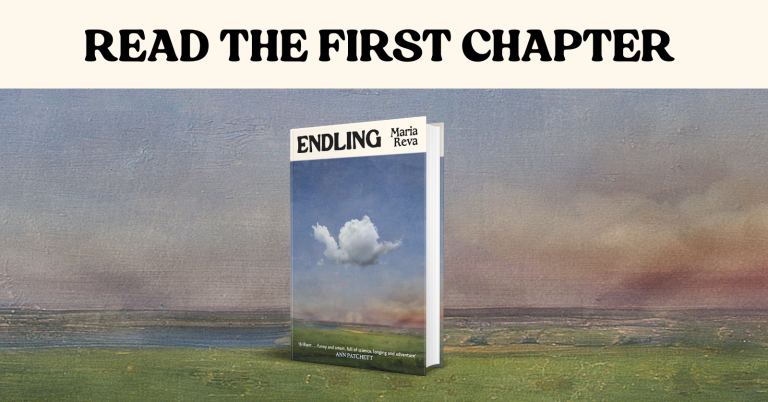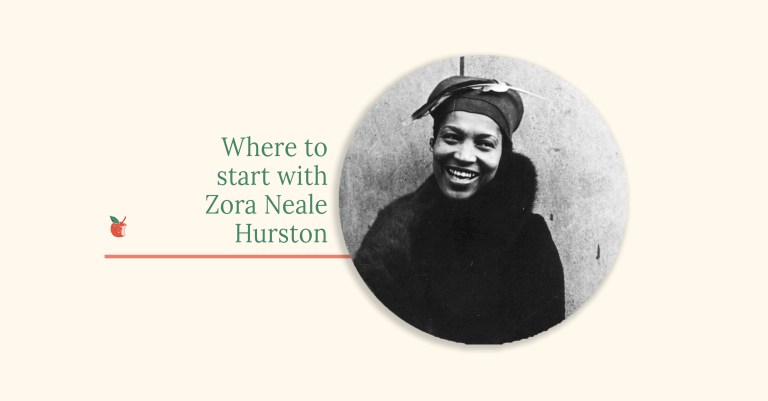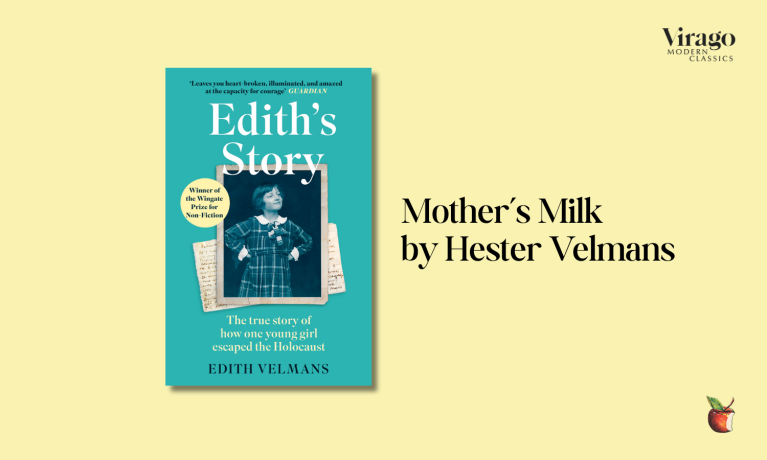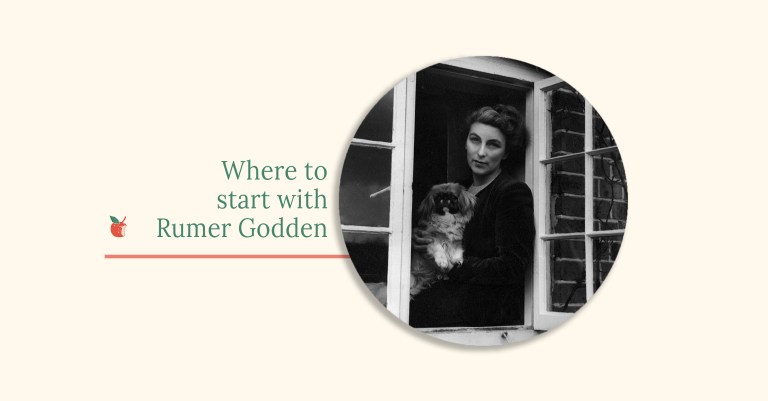The Secret Lives of Fathers by Marjorie Celona
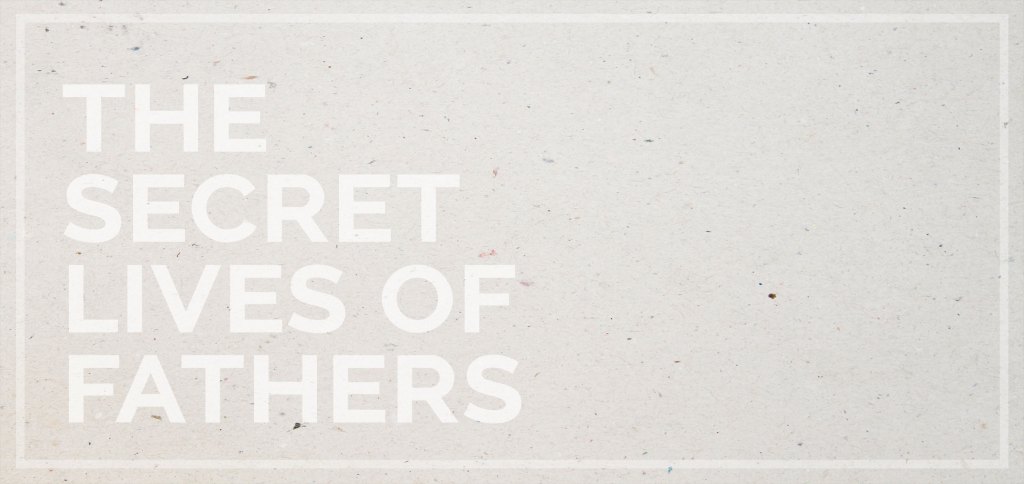
For the most part, parents are the villains of literary fiction. In lieu of zombies, aliens and murderers, we have ‘depressed mom’ and ‘alcoholic, abusive dad’. Or vice versa. They fuck you up, your mum and dad, goes the famous Philip Larkin refrain, i.e. the thesis statement of 75 per cent of literature. I could go on about villainous fathers in fiction, but, as my partner had to remind me, no one wants to read about David Melrose on Father’s Day.
When I think of a complicated portrait of a father – one that is both dark and light – I think of Ben Jordan, the traveling salesman from Alice Munro’s ‘Walker Brothers Cowboy’. The story takes place in Tuppertown, a fictionalized Ontario town on Lake Huron, in the 1930s, and is narrated by a young girl, maybe nine or ten years old. I love to teach this story. For one thing, it illustrates beautifully how satisfying the structure of a road trip can be – a character leaves home, goes somewhere, and then returns, changed in subtle ways. If you can’t think of a plot, I like to say, just think of somewhere to go. The story is also retrospective yet written in the present tense. We never know the vantage point from which the story is being told, but we understand that this is an adult woman looking back on her life, despite the wonderful trickery performed by the present tense, which makes it seem like a perpetual ‘now’. How do we know the narrator is an adult? From the language. From lines like this: ‘The nineteen-thirties. How much this kind of farmhouse, this kind of afternoon, seems to me to belong to that one decade in time, just as my father’s hat does, his bright flared tie, our car with its wide running board (an Essex, and long past its prime).’
It’s also an example of a successful peripheral narrator – a story told in the first person that is not about the narrator but rather about someone else. In many ways, ‘Walker Brothers Cowboy’ is a portrait of Ben Jordan. But more than that, it’s a story about the first glimpse a child has of her father as a person who was once not her father. It’s also a story about change, about a family’s fall from grace, about class and about preserving a time and space that no longer exists. It’s a piece of nostalgia, a living record. To quote John Gardner, ‘though we read the story again and again we can never seem to get to the bottom of it.’
(What do we know of the mother in this story, Ben’s wife? We know she has headaches. We know she often needs to lie down. We know she is furious at how her life has turned out – her husband, once a fox farmer, is now a peddler. She is ashamed, and it shows in her enormous false sense of pride. In sum, Ben and his two children can’t wait to flee her in that giant Essex.)
Ben Jordan is a laugher. His way of coping is to make jokes. He makes up songs as they drive, and the narrator and her little brother play ‘I Spy’, and in general it’s a pleasant afternoon until he knocks on someone’s door and ‘a window is opened upstairs, a white pot appears over the sill’, and a dribble of pee lands on his head.
How subtly Munro gives us the man’s wounded ego: ‘My father rolls and lights a cigarette before he starts the car.’
Once on the road again, the narrator notices her father is driving out of his selling territory, driving very fast, until they arrive at an ‘unpainted house’, where a woman is doing her laundry in the yard.
‘Oh my lord God’, the woman says, when she sees it’s Ben Jordan. ‘It’s you.’
Where has Ben Jordan taken them? To see an ex-girlfriend, salve of all salves.
The woman, Nora, invites them inside. She changes into a dress, into ‘Cuban heels’. Whisky is poured. A record is put on. ‘My father never drinks whisky’, the narrator tells us. ‘But I see he does.’ Other revelations, too: ‘You didn’t know your daddy was a dancer!’ Nora says. She grabs the narrator ‘unexpectedly around the waist’, and attempts to teach her to dance, ‘little drops form[ing] along her upper lip’. There’s a manic, breathless energy to this scene, a sort of desperation, a terrible awkwardness. The unearthing of a deep, deep longing. Something desperately unfair. We understand through all this wild dancing-by-proxy that Ben broke Nora’s heart long ago. We understand that Nora yearns for him nonetheless. And that he knows this
When Nora lets go of the narrator, she ‘stands in front of [Ben], arms hanging loose and hopeful’. She asks him to dance. He protests. She asks again. And then the climactic moment – this one, tiny line of dialogue: ‘Ben.
From there, the story’s denouement begins. Nora takes the needle off the record. Pleasantries are exchanged, empty promises to visit again. ‘Bring the children. Bring your wife’, she says. And Ben, too, offers directions to his house, which Nora does not repeat or write down. What she does is touch the dust that has gathered on the Essex’s fender before they depart, ‘making an unintelligible mark in the dust there’
We know they’ll never see each other again. And the narrator knows that this visit is something that is not to be mentioned. This is perhaps the first secret the narrator has ever been asked to keep, though no one had to do the asking. In the last few paragraphs, Munro describes the landscape but what she’s really describing is the daughter’s new perception of her father: ‘darkening and turning strange . . . something you will never know, with all kinds of weathers, and distances you cannot imagine.’
Distances you cannot imagine. I’ve always loved that line. How it speaks, so clearly and beautifully, to the unknowability of other people, particularly those you’re related to. Is Ben a good or bad father? The story doesn’t say. The narrator loves him, that much is clear. There’s no threat of violence, no fear of what might happen once they reach home. In our modern era, his visit would be the equivalent of drunk texting an ex and hoping she’ll text back how much she still loves him, then deleting it and never texting her again. But that wouldn’t make for a very good story. And there’d be no witnesses. And what are peripheral narrators but witnesses? And what are children but witnesses to their own parents’ private lives?
Writing from the point of view of a small child is one of the powerful point-of-view decisions we can make. They are the ideal peripheral narrator. Children are spies. Half in, half out of the world. They are at once insiders and outsiders, even and especially in their own homes. The trick of the child narrator, though, is that it is always inherently retrospective, as it is in ‘Walker Brothers Cowboy’. It is always a narrator looking back on her life and reporting to us from a future point of understanding. Did Ben Jordan do a bad thing? To Nora, yes. To his wife, yes. To his daughter? That’s more complicated. What he did was reveal himself.
But back to that dusty Essex and the long drive home. No singing this time, despite the little brother’s begging. ‘I don’t know,’ says Ben Jordan in his last line of dialogue, ‘I seem to be fresh out of songs.’
Marjorie Celona’s debut novel, Y, won France’s Grand Prix Littéraire de l’Héroïne and was nominated for the 2012 Scotiabank Giller Prize. A graduate of the Iowa Writers’ Workshop, Marjorie has published work in the O. Henry Prize Stories, Best American Nonrequired Reading, Southern Review, Harvard Review, Sunday Times, and elsewhere. Born and raised on Vancouver Island, Marjorie teaches in the MFA Program at the University of Oregon.
She is the author of How a Woman Becomes a Lake available now:


